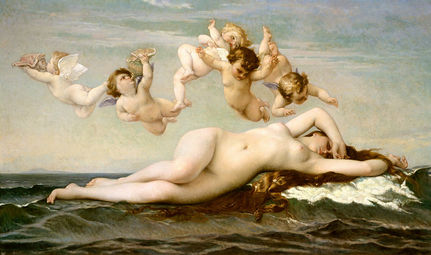
Yesterday, he asked me to proofread an article he wanted to include in an upcoming issue. After I finished, I asked the student if his classmates enjoyed reading the newspaper. He informed me that not many students read the paper, but the few that did enjoyed it. He confessed that some of classmates occasionally asked him why he even bothered to publish a newspaper at all.
"And what did you tell them?" I asked.
The student shrugged. "A lot of my friends ask me why I do it. They say, you don't have to put out a newspaper; the school doesn't really need one. I tell them they're right. I don't have to publish a newspaper, and the school doesn't need one, but I think a newspaper helps make the school a better place."
It is good to be reminded of obvious truths. It truly is.








 RSS Feed
RSS Feed

